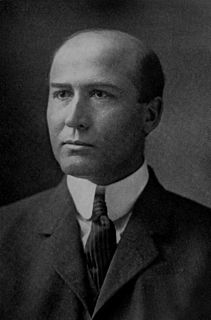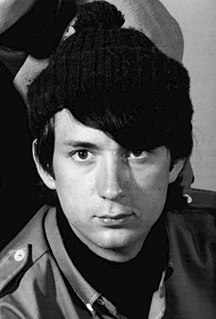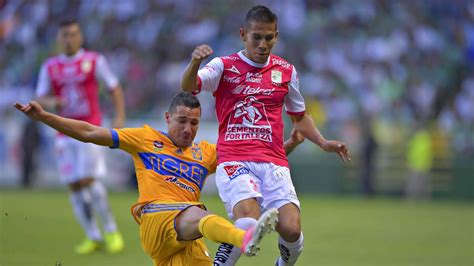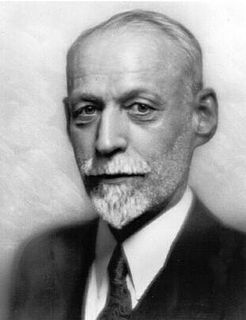A Quote by Thomas Nixon Carver
People who never had enough thrift and forethought to buy and pay for property in the first place seldom have enough to keep property up after they have gained it in some other way.
Related Quotes
In real estate you can avoid ever having to pay a capital gains tax, decade after decade, century after century. When you sell a property and make a capital gain, you simply turn around and buy a new property. The gain is not taxed. It's called "preserving your capital investment" - which goes up and up in value with each transaction.
One ideological claim is that private property is theft, that the natural product of the existence of property is evil, and that private ownership therefore should not exist... What those who feel this way don't realize is that property is a notion that has to do with control - that property is a system for the disposal of power. The absence of property almost always means the concentration of power in the state.
Property is, after all, a social convention, an agreement about someone's exclusive right to use a thing in specified ways. However, we seem to have forgotten this. We seem to think that property belongs to us in some essential way, that it is of us. We seem to think that our property is part of ourselves, and that by owning it we therefore make ourselves more, larger, greater.
I submit that the Government exists to provide for the needs of the people, and when it comes to choice between profits and property rights on the one hand and human welfare on the other, there should be no hesitation whatsoever in saying that we are going to place the human welfare consideration first and let property rights and financial interests fare as best they may.
Many foreign property owners work in the City of London and are encouraged to bring their expertise and earning power to this country because of the favourable capital tax environment. Attacking their property profit may encourage some to leave, but it would certainly deter others from coming in the first place.
Once you start deliberately offering thought, then you can never offer enough action to keep up with the thought. Once you access the Energy that creates worlds, a huge vortex comes into place, and there's just not enough action for you to keep up with that. And so, what you have to do is visualize every step of the way, envision you happy in the process. Envision things in place, envision people catching on. Just envision it working. Skip over the how and the where and the when and the who - and just stay focused upon the what and the why. Abraham
The effect of the corporation, under the prevailing policy of the free, go-as-you-please method of organization and management, has been to drive the bulk of our people, other than farmers, out of property ownership; and, if allowed to go on as present, it will keep them out... The paramount problem is not how to stop the growth of property, and the building up of wealth, but how to manage it so that every species of property, like a healthy growing tree will spread its roots deeply and widely in the soil of a popular proprietorship.

































